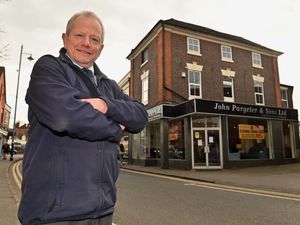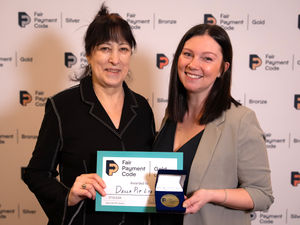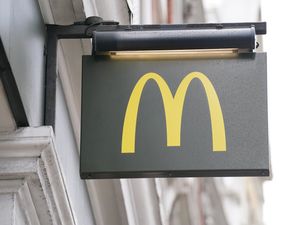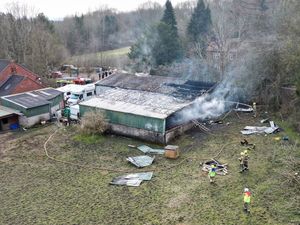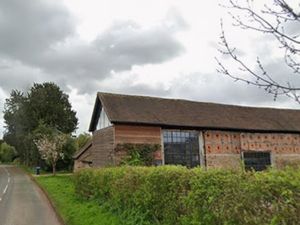Chairman of one of oldest family-run West Midlands firms dies, aged 86
The chairman of one of the oldest independent family businesses in the West Midlands has died at the age of 86.
Gordon Squire, of Brocton, near Stafford, had been chairman of 234-year-old lock makers Henry Squire and Sons, of Featherstone, since 1989.
Mr Squire died peacefully at home on Saturday surrounded by his family. He had been active until shortly before his death.
He was the seventh generation of the family to run the company and his son John is the current managing director. He also leaves a wife Norma, three daughters and 10 grandchildren.
John Squire said: "Dad's contribution to the business was immense.
"We are so proud of his vision and achievement in producing great British locks which are recognised globally today.
"He was equally passionate about family and will be greatly missed by us all."
Mr Squire's funeral service will be held at St Thomas Church, Walton-on-the-Hill, Stafford, on Wednesday, November 19 at 11.30am. It will be followed by a private family cremation.
The family has invited donations for the British Heart Foundation.
Mr Squire's ancestor William Squire began making locks in the mid 18th century in New Invention, Willenhall. By the time his son Thomas joined him, his locks were famous enough for the company to be formally incorporated in 1780.
The original factory on the site of the family's original cottage remained at Lichfield Road until 2006 when the business moved to Hilton Cross Business Park.
The company, which also has a manufacturing base in China, employs 45 people at Featherstone specialising in high quality security padlocks and accessories.
It designs and manufactures some of the most technologically advanced and engineered security products in the world. It is also a specialist in cycle locks.
The First World War saw the company manufacturing munitions and a new factory was built in 1937. Later, the Second World War saw the company diversifying to make precision gauges, machine gun links and torpedo parts
By the 1970s, the labour force had peaked at 350 and stayed at this level until the 1980s.

